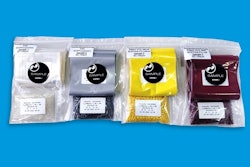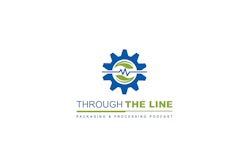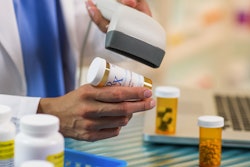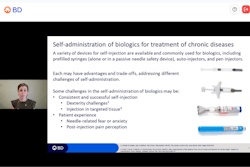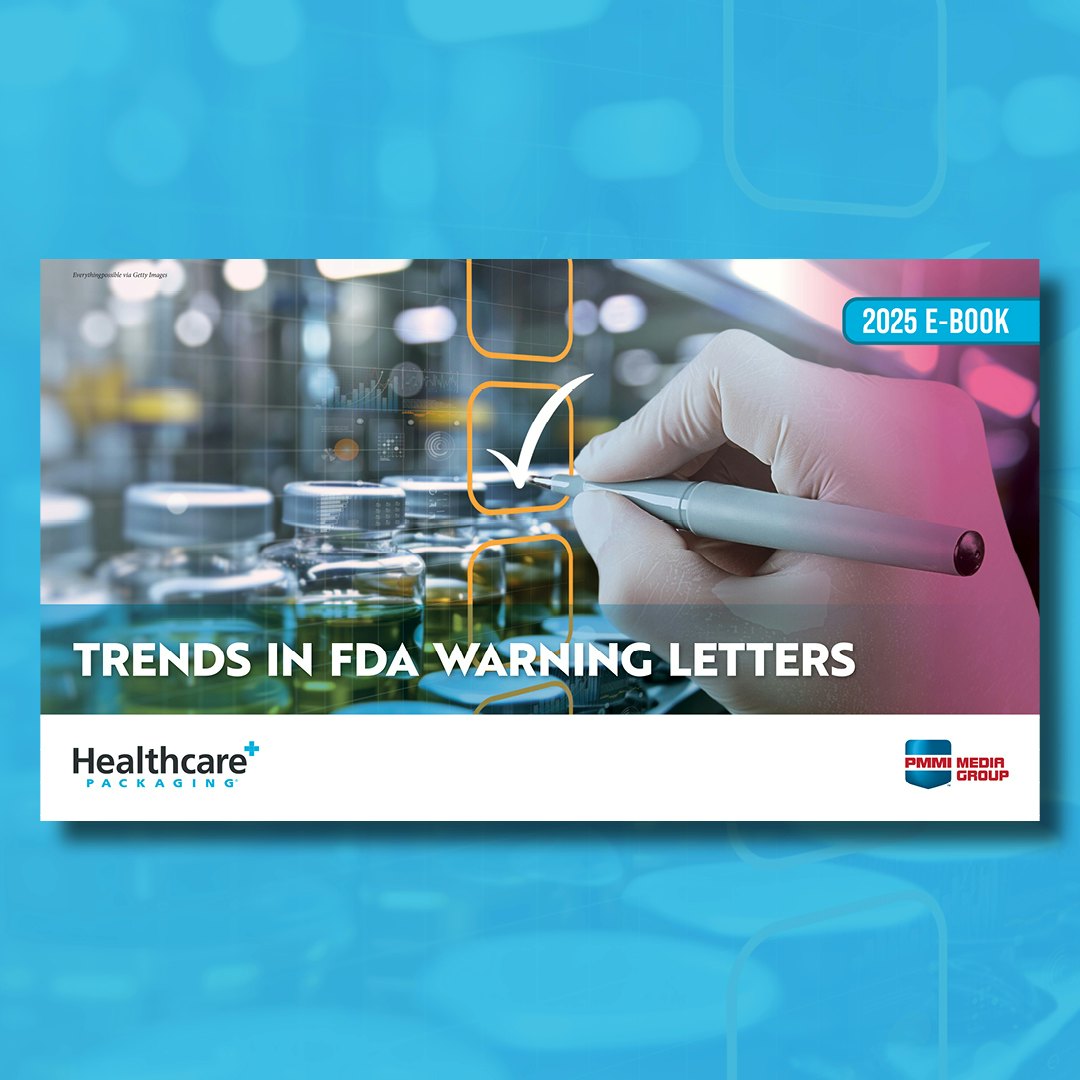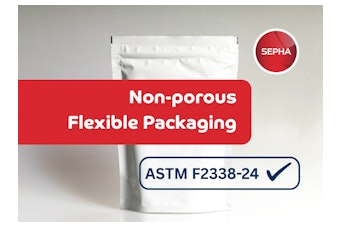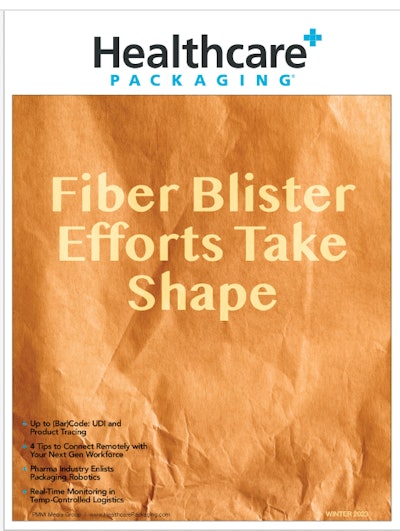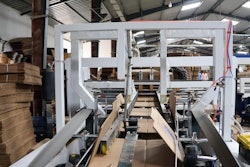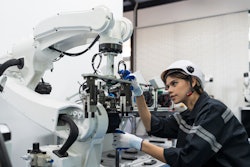
The following is an abbreviated version of the original article.
Over the course of 2021, the Healthcare Plastics Recycling Council (HPRC) embarked on a second phase of advanced recycling work and partnered with advanced recyclers to conduct a pilot project to better understand the suitability of a mixed stream of healthcare plastics as a feedstock for different advanced recycling technologies. The goal of this work was to uncover new recycling opportunities that will reduce landfill waste, carbon emissions associated with creating virgin plastic, and reliance on fossil fuels—ultimately enabling greater material circularity.
The pilot project builds upon HPRC’s earlier research and interviews with advanced recycling companies across the U.S. to understand the different types and maturity levels of advanced recycling technologies, including purification, decomposition, and conversion.
“This pilot project was critical to our understanding of how advanced recycling technologies can address the healthcare plastics waste stream in a meaningful way,” says Andrew Green, market development manager, rigid medical packaging at Eastman Chemical Company, a member of HPRC. “Its findings represent a significant step forward in understanding opportunities and challenges associated with recycling plastic materials commonly found in real-world healthcare settings. Based on this research, we’ve concluded that healthcare plastics are a viable and valuable feedstock for a variety of advanced recycling technologies, given their ability to handle material streams that are incompatible or difficult to handle with mechanical recycling.”
The findings relevant to medical product manufacturing are:
- Plastic healthcare packaging plays an essential role in delivering a safe, sterile, and effective product to the customer in a cost-effective manner.
- “Designing for recyclability” includes avoiding the use of materials that negatively impact yields of advanced recycling processes. For example, nylon and paper reduce the yield of output for the advanced recycling processes examined in this white paper, which increases recycling costs and makes circularity more expensive.
- The use of PVC, which provides uniquely beneficial functionality in healthcare settings, should be limited when possible, as it contaminates materials outputs and most advanced recycling technologies can only tolerate it at low levels in mixed waste streams due to its corrosive properties.
During 2022, HPRC will build upon the previous two phases of advanced recycling work to design and conduct another pilot study—this time collecting a mixed stream of flexible healthcare plastics from select hospitals and processing them using different advanced recycling technologies. By processing commercial-scale samples that are collected “in real life” at hospitals, HPRC seeks to understand how a typical mix of healthcare packaging materials is processed and gather insights on which materials are more or less favorable for different recycling technologies.
Read the complete Advanced Recycling Pilot Project White Paper here.




